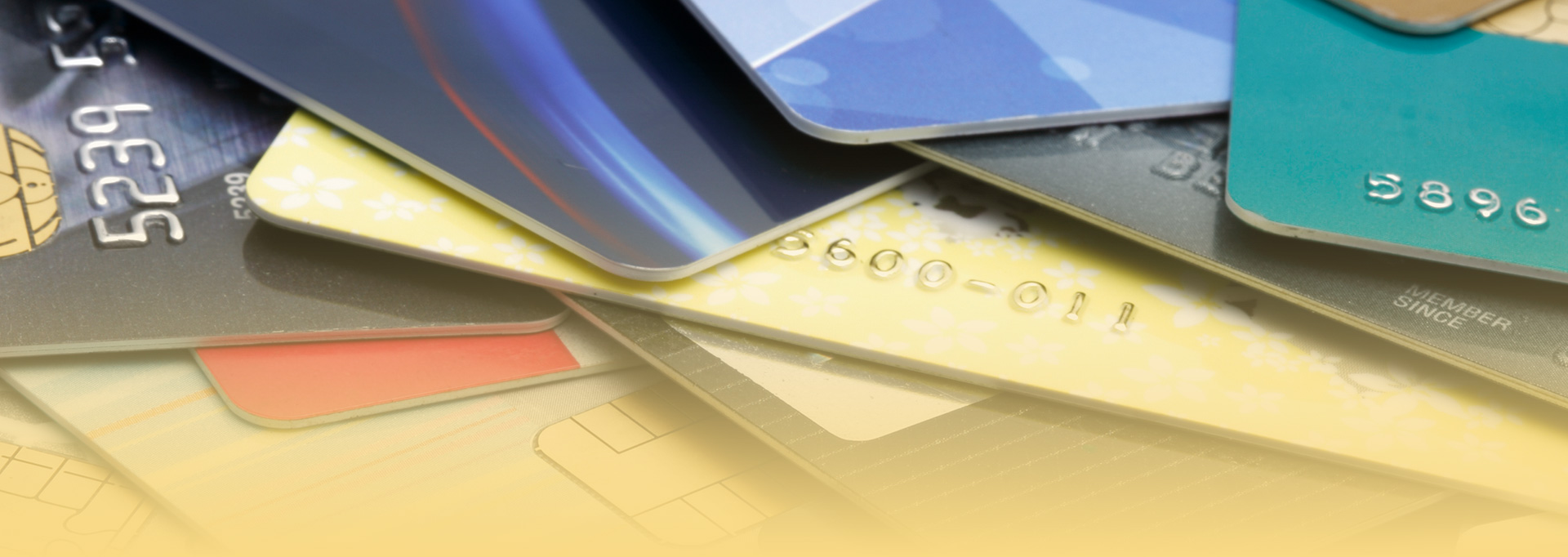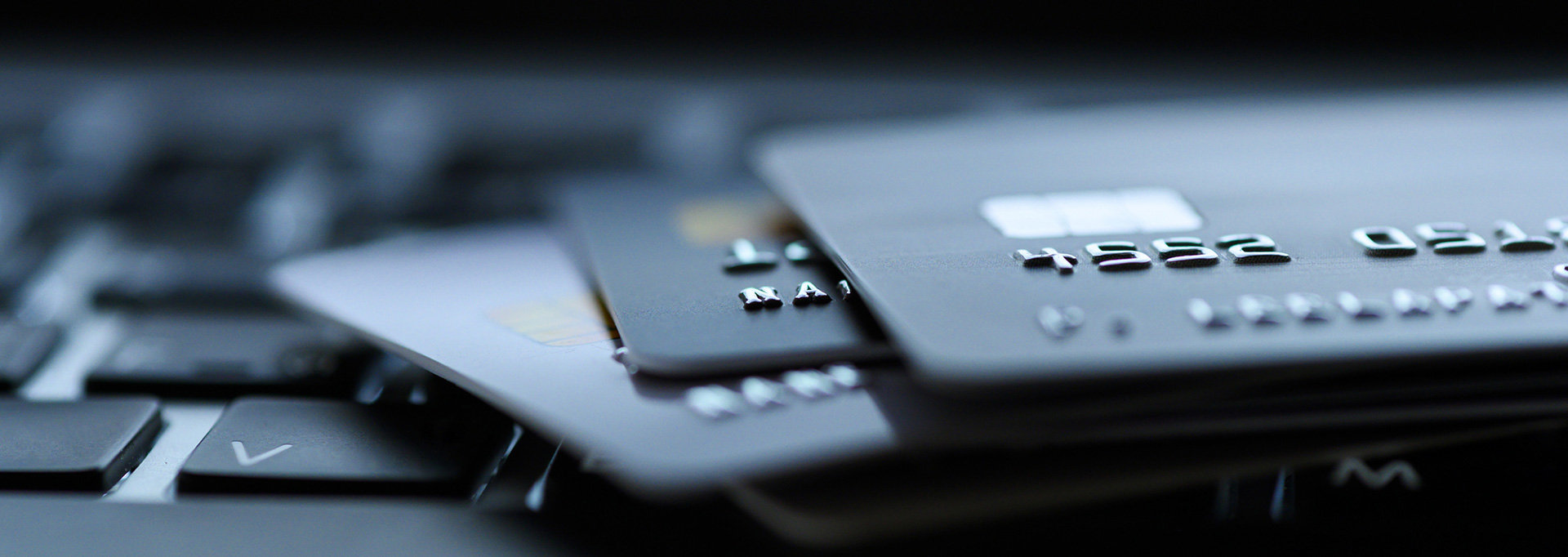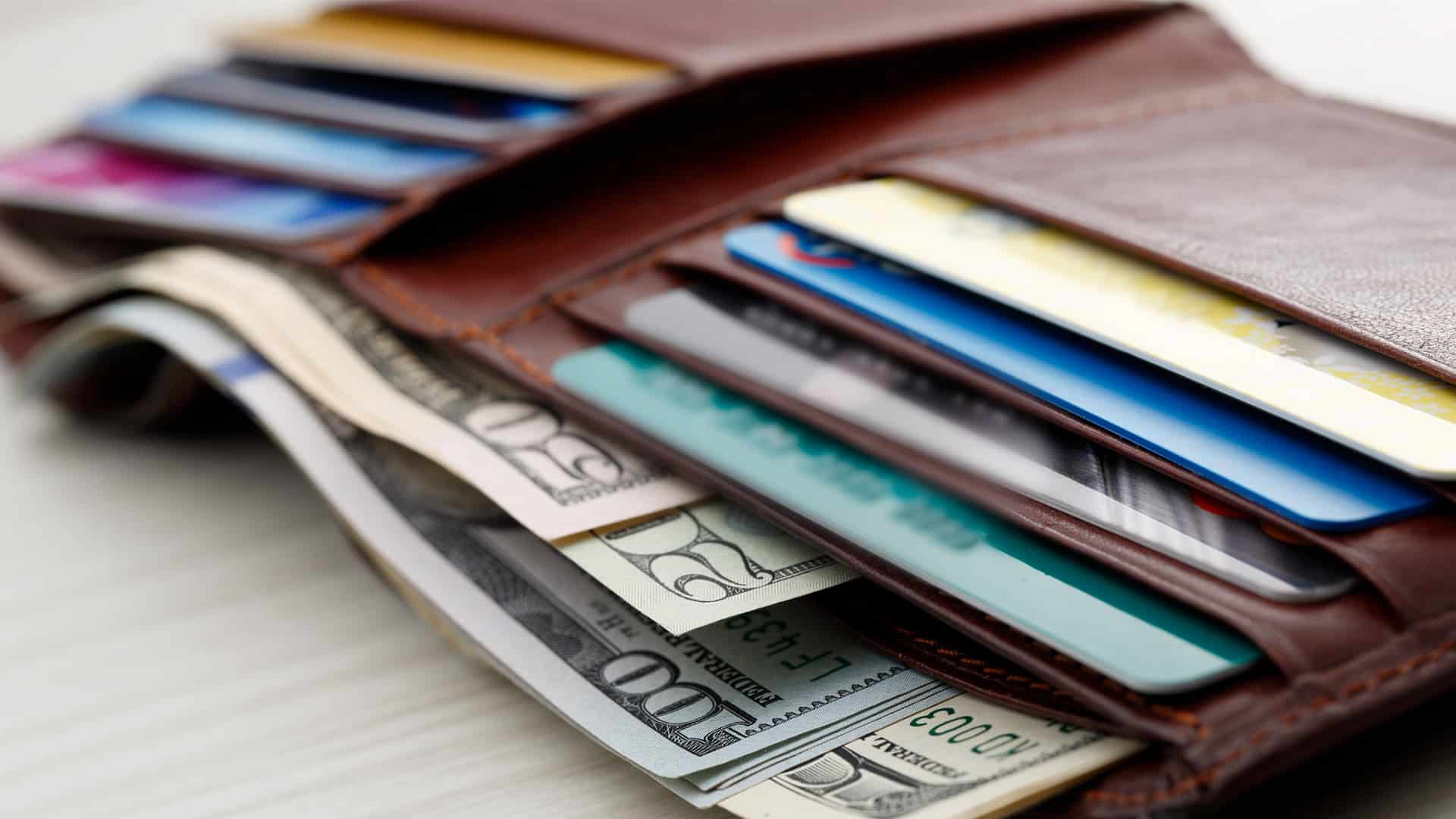Most products on this page are from partners who may compensate us. This may influence which products we write about and where and how they appear on the page. However, opinions expressed here are the author's alone, not those of any bank, credit card issuer, airline or hotel chain.
Credit card debt is, unfortunately, a common reality for many Americans. According to a recent report from the Federal Reserve, credit card balances among U.S. consumers rose to $986 billion in Q1 2023. The sky-high figure represents a record high for credit card debt in the United States—$61 billion higher than pre-pandemic credit card debt levels of $927 billion.
Not only is nationwide credit debt high, but individual credit card balances are concerning as well. The average credit card balance per consumer climbed to $5,910 in 2022, according to Experian data. When you add in the fact that credit card interest rates are higher thanks to recent rate increases by the Federal Reserve, it’s clear that right now is an especially troubling time to be in credit card debt.
Nonetheless, credit cards are still full of potential benefits that could make your financial life easier. When you’re smart and responsible about how you use credit cards, they can help you build good credit, protect you from fraud and empower you to earn valuable rewards.
Below are four tips on how you can use credit cards to your advantage without falling into the trap of overspending. And if you’re already used to overspending, the advice below can show you how to break this bad habit so you can enjoy the many perks that credit cards have to offer without paying the high cost of interest
Best Credit Cards
Visit the Marketplace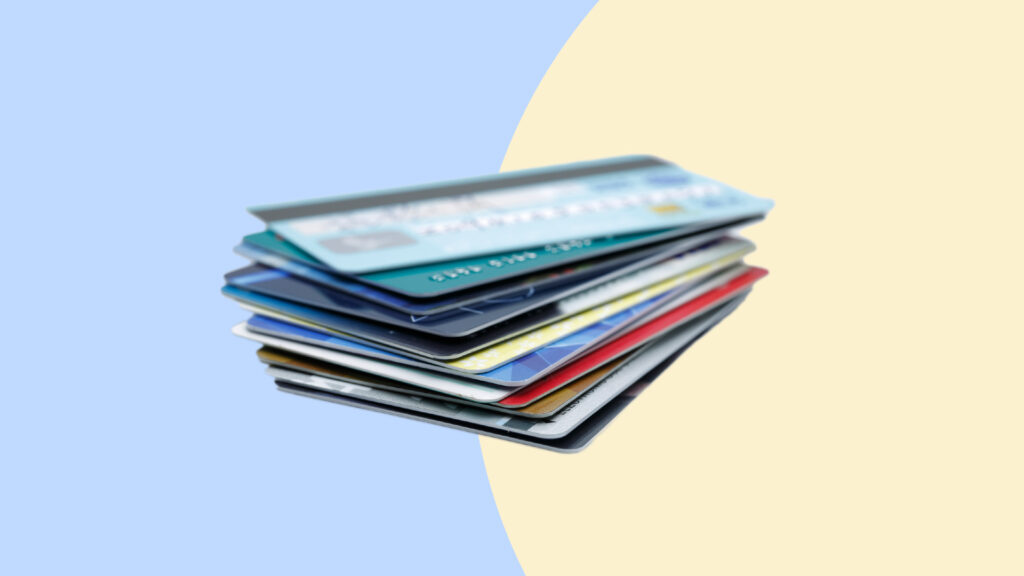
1. Create or Update Your Budget
There’s a well-known saying that goes, “
A budget doesn’t have to be about restricting your spending. Instead, a budget lets you map out financial goals and makes sure you have enough money to take care of priorities first.
If you know that the cash to pay off a purchase isn’t available in your budget that month, your best bet is to avoid charging that transaction on your credit card—at least for now. Instead of going into debt for an extra purchase, you’d be better off financially if you worked to save up money for the transaction, earn extra cash to afford it, or perhaps cut expenses from other areas of your budget to cover the cost in another w
2. Track Your Spending
Setting up a budget is a great start. Yet it’s also critical to make sure you follow through with your financial plan and track your spending.
Personal finance apps that you can use on your mobile device or computer can be a great way to keep tabs on your spending. But you can also use a spreadsheet, cash envelopes, or some other system to help you stay on budg
Quick Tip
Making multiple credit card payments a month could boost your credit score.
3. Don’t Spend More to Chase Rewards
The best credit cards offer the chance to earn rewards like cash back, miles, or points on your everyday spending. Some credit cards feature generous sign-up bonuses too, which you could apply toward free travel and more.
Yet even though it can be smart to use a credit card as your preferred payment method for purchases that fit within your budget, it’s not wise to overspend to chase extra rewards. As appealing as earning credit card rewards may be, it’s important to remember that the best reward credit cards can offer is the chance to earn a good credit score.
If you spend more than you can afford to earn rewards, you could increase your credit utilization rate and hurt your credit score in the process—even if you pay your monthly payment on time. And unless you’re taking advantage of a 0% APR credit card offer, you’ll offset the value of any rewards you earn with the high-interest fees you’ll pay your card issuer when you revolve an outstanding balance from one month to the n
Here Are the Best Balance Transfer Cards
Visit the Marketplace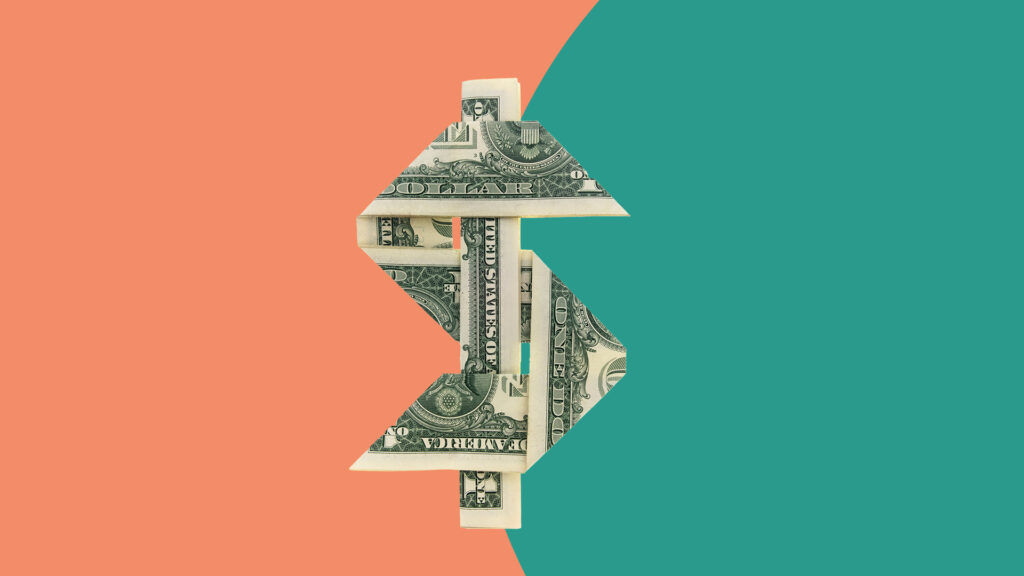
4. Find Ways to Fight Temptation
The best way to handle a credit card is to pay off your full balance each month. But if you’ve ever made the mistake of charging more than you can afford to pay off on a credit card, you’re not alone.
A recent study by the Consumer Financial Protection Bureau (CFPB) found that around two-thirds of actively used credit cards carry an outstanding balance from month to month. Furthermore, once a consumer makes the mistake of revolving a credit card balance, that bad habit continues for an average of ten months. Even credit experts sometimes make mistakes when it comes to credit card debt.
If you find yourself overspending, consider using strategies that might help you avoid temptation. Here are a few ideas to consider:
- Leave your credit cards at home to discourage impulse shopping.
- Impose a 24-hour rule to think over unplanned purchases before making them.
- Unsubscribe from emails with coupons and special offers from your favorite retailers or send those messages to an email address you’ll only check when you know you need to make a purchase.
- Use digital cash envelopes so you know exactly how much cash you have available to spend in each category of your budget, including areas like entertainment.
- Cancel auto-renew subscriptions that take extra cash out of your budget you could use elsewher
e.
Bottom Line
There’s nothing wrong with opening attractive rewards credit cards and using them to your advantage. But you’ll probably regret wasting your hard-earned cash on expensive interest fees each month when you could use that money for something far more productive.
Don’t beat yourself up if you’re struggling with credit card debt; it’s a common mistake many people make. Instead, make a plan to pay down the debt and improve your situation for the bet
 Related Article
Related Article




